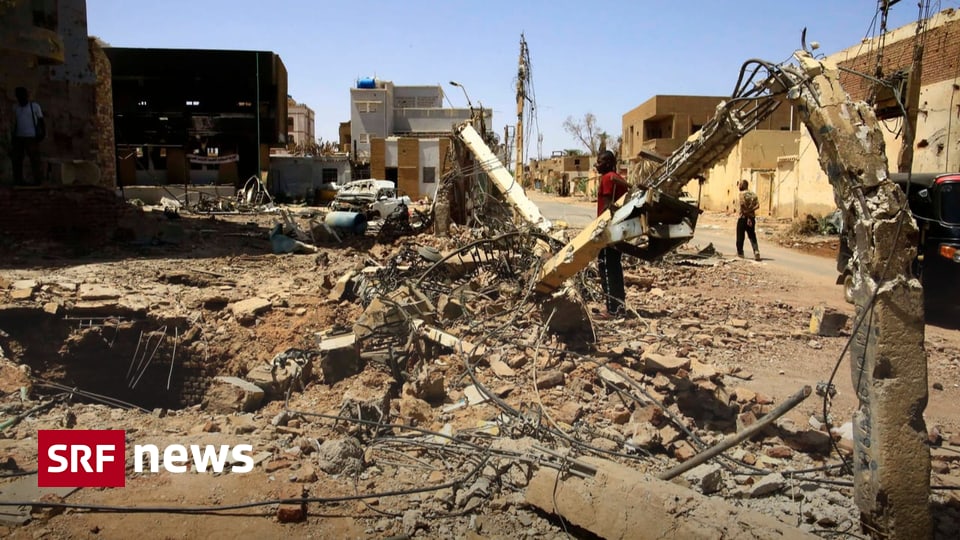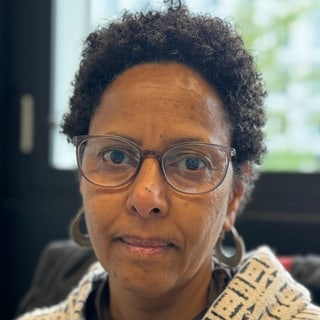
Sudan's military and militias have been fighting for a year. The country is devastated and half the population is starving. In one of the worst humanitarian disasters in recent history, the UN Lawyer Lena Rasheed grew up in Sudan and works as a counselor for victims of human trafficking in Zurich. On “Daily Talk” he talks about the situation at the site.
SRF News: Are you currently in contact with people in Sudan?
Lina Rashid: Yes, I am in close contact with people in Sudan. But now it is difficult to maintain. The internet keeps crashing. People are so demanding that contact with them is painful for me. I keep hearing that people I know have been injured, disappeared, raped or assaulted.
The war in Sudan, although affecting Europe as well, is often forgotten in our part of the world. The UN said this week that 20,000 people are leaving Sudan every day. That's a huge number.
That's right. One in eight displaced people is said to be Sudanese. It has become impossible for people to live in Sudan. Things aren't much better in neighboring countries. However, it must be emphasized that only a fraction of the migrants escape to Europe.
Unbelievable atrocities are being talked about in Sudan, what do you know about them?
The public is the target of these atrocities. People are being shot and bombed from the air in densely populated cities. People are evicted from cities and villages. Most of the infrastructure is dilapidated. Markets and water supply infrastructure are directly destroyed. The healthcare system is also in disarray. 70 to 80 percent of hospitals are non-functional. Life in Sudan has become impossible.
Looking at this destruction, the question arises whether Sudan is still a country.
I certainly wonder if Sudan is still a state. The military seized power 30 years ago and began weakening society. Trade unions were abolished, schools and universities weakened and ideologically infiltrated. From the outside, Sudan still looks like a country, but I would say that Sudan is dominated by a criminal structure. I wonder what kind of government is this that does not serve its own people but pursues its own predatory interests.
A donor conference in Paris recently raised 2 billion euros in aid money for Sudan. Can this money make a difference?
That should be seen. Because it needs not only money but also pressure so that the fighting stops and help reaches the people. We have recently seen the military blocking NGOs and the UN from doing their work.
From Daily Conversations with David Karasek, joined by Geraldine Zaki.

“Wannabe pop culture fanatic. Zombie advocate. Entrepreneur. Internet evangelist. Alcohol fanatic. Typical travel buff.”





More Stories
Choosing the Right Quality Management Software for Your Industry
If guests bring items: Can shower gel be packed from the hotel?
This diet can prevent death from dementia